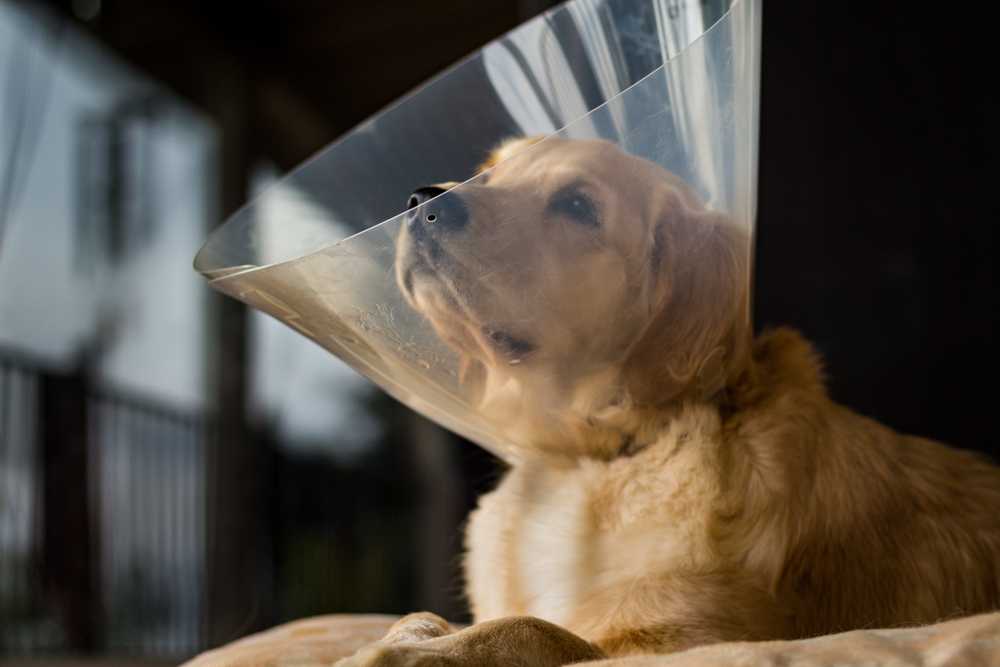

Spaying or neutering your pet is one of the most responsible decisions you can make as a pet owner. Not only does it help control the pet population, but it also offers numerous health and behavioral benefits. Here’s what to expect before, during, and after your pet’s spay or neuter surgery.
Preparing Your Pet
Preparation is key to ensuring a smooth and successful procedure. Here are some important steps to follow:
Schedule a Pre-Surgical Exam: Your veterinarian will perform a physical examination and may recommend bloodwork to ensure your pet is healthy enough for anesthesia and surgery.
Fasting Requirements: Typically, pets should not eat for at least 8-12 hours before surgery to prevent complications during anesthesia. Water may be allowed up until the morning of the procedure.
Comfortable Transport: On the day of the surgery, bring your pet in a secure, comfortable carrier or on a leash to reduce stress.
What to Expect During the Surgery
The spay or neuter procedure is a routine surgery, but we take every precaution to ensure your pet's safety and comfort. To prevent pain and ensure they remain still during the procedure, your pet will be placed under general anesthesia. This allows for a smooth and controlled surgical process with minimal discomfort.
For female pets, the spay procedure, known as an ovariohysterectomy, involves removing the ovaries and uterus through a small abdominal incision. For male pets, the neuter procedure, or orchiectomy, involves removing the testicles through a small incision in the scrotum. Both procedures are performed with precision and care.
Throughout the surgery and the initial recovery period, our team will closely monitor your pet’s vital signs to ensure their safety. We take every measure to provide a smooth and comfortable recovery process.
Recovery and Care
The recovery process is crucial for a smooth healing journey. Here are some key things to keep in mind:
Post-Surgery Monitoring: Your pet will be observed for a short period after the surgery to ensure they wake up safely from anesthesia. Most pets can go home the same day.
Pain Management: Your veterinarian will provide pain medication to keep your pet comfortable during the recovery process.
Activity Restriction: Limit your pet's activity for at least 10-14 days to prevent stress on the incision site. Avoid jumping, running, or rough play.
Incision Care: Check the surgical site daily for redness, swelling, or discharge. Do not allow your pet to lick or chew at the incision, and use an e-collar if necessary.
Diet and Hydration: Your pet may have a reduced appetite after surgery, but they should resume eating and drinking normally within 24 hours. Offer small meals and plenty of fresh water.
Follow-Up Appointment: A post-operative check-up may be scheduled to ensure proper healing.
When to Call Your Vet
While most pets recover without complications, contact Brekke Veterinary Clinic if you notice any of the following:
Excessive swelling, bleeding, or discharge from the incision
Persistent vomiting or diarrhea
Lethargy lasting more than 24 hours
Difficulty urinating or defecating
Signs of pain that don’t improve with medication
Book Your Pet’s Procedure Today
Spaying and neutering are safe and effective procedures that benefit both pets and their owners. We are committed to providing compassionate and high-quality surgical care for your furry companions.
If you have any concerns or questions about Spaying and neutering, contact Brekke Veterinary Clinic at our office located on W Happy Canyon Rd. in Castle Rock, Colorado. Call (303) 474-4260 to book an appointment today.







